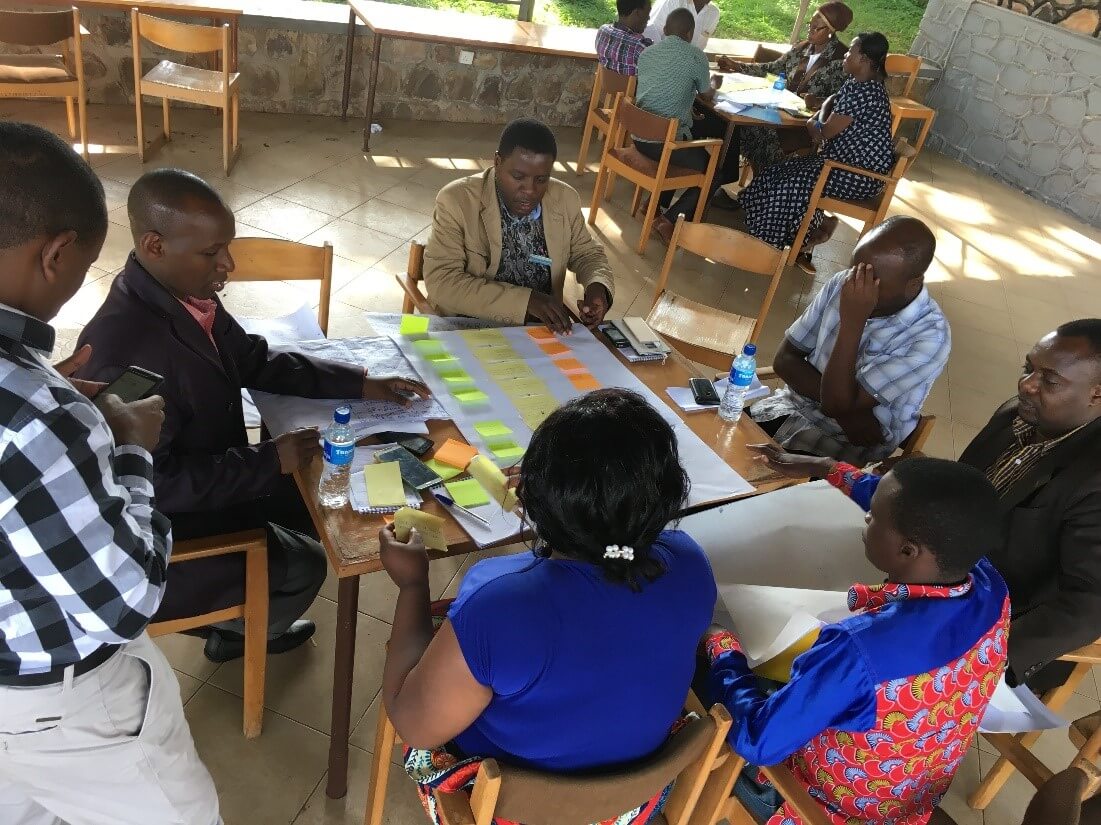The Challenge
Tanzania’s decentralized planning and management model poses challenges for effective and efficient health care delivery. The current organization model for service provision and administration relies on coordination among managers at the district council, facility, and community levels for the development of annual Comprehensive Council Health Plans (CCHPs). Council-level health management teams (CHMTs) are responsible to translating national policy agendas into local-level action plans, and are often overburdened and under-resourced, leading to health system bottlenecks and gaps.
The Opportunity
Tanzania’s Ministry of Health Community Development Gender Elderly and Children (MoHCDGEC) works to increase access to and population coverage of quality reproductive, maternal, newborn, and child health (RMNCH) services by contributing to the scale up and roll out of high-impact interventions. The Ministry partnered with USAID’s Maternal and Child Survival Program (MCSP) in 2014 to address systemic challenges for RMNCH, with the goal to end preventable child and maternal deaths.
Our Work
As part of our work on MCSP, R4D developed the Comprehensive Approach to Health Systems Management and piloted the approach in Tanzania in 2016. Known by the Swahili acronym MTUMA, this approach aimed to help subnational health administrators, primarily at the CHMT level, to improve the efficiency and effectiveness of local health systems.

CHMT members from Kagera region mapped processes to identify bottlenecks/barriers to and enabling factors for success in health system strengthening
MTUMA enabled health administrators to identify and prioritize the unique set of challenges, bottlenecks, and barriers that impede RMNCH interventions in their districts, to map the available resources and assets, develop local plans to address the priority challenges, and monitor progress, using data to assess and solve problems. MTUMA was implemented by all 17 district councils in Mara and Kagera Regions, and an assessment of the program showed that MTUMA strengthened local accountability and individual performance motivation, and supported improvements in safe blood supply, RMNCH commodity procurement and supply chain, facility referrals, and Community Health Fund (CHF) enrollment. Lessons learned from the MTUMA pilot informed R4D’s subsequent work using the Comprehensive Approach in Guinea.













